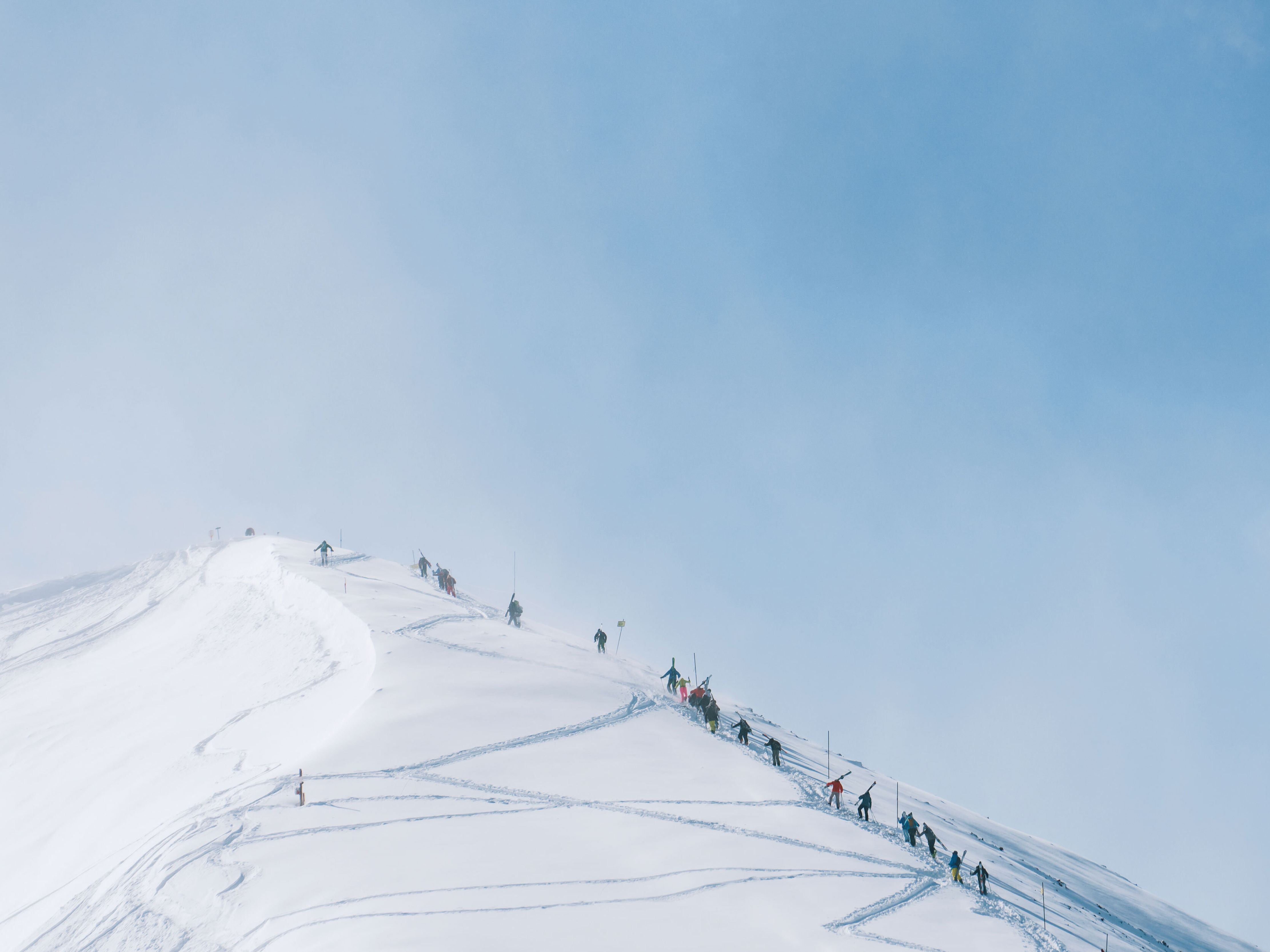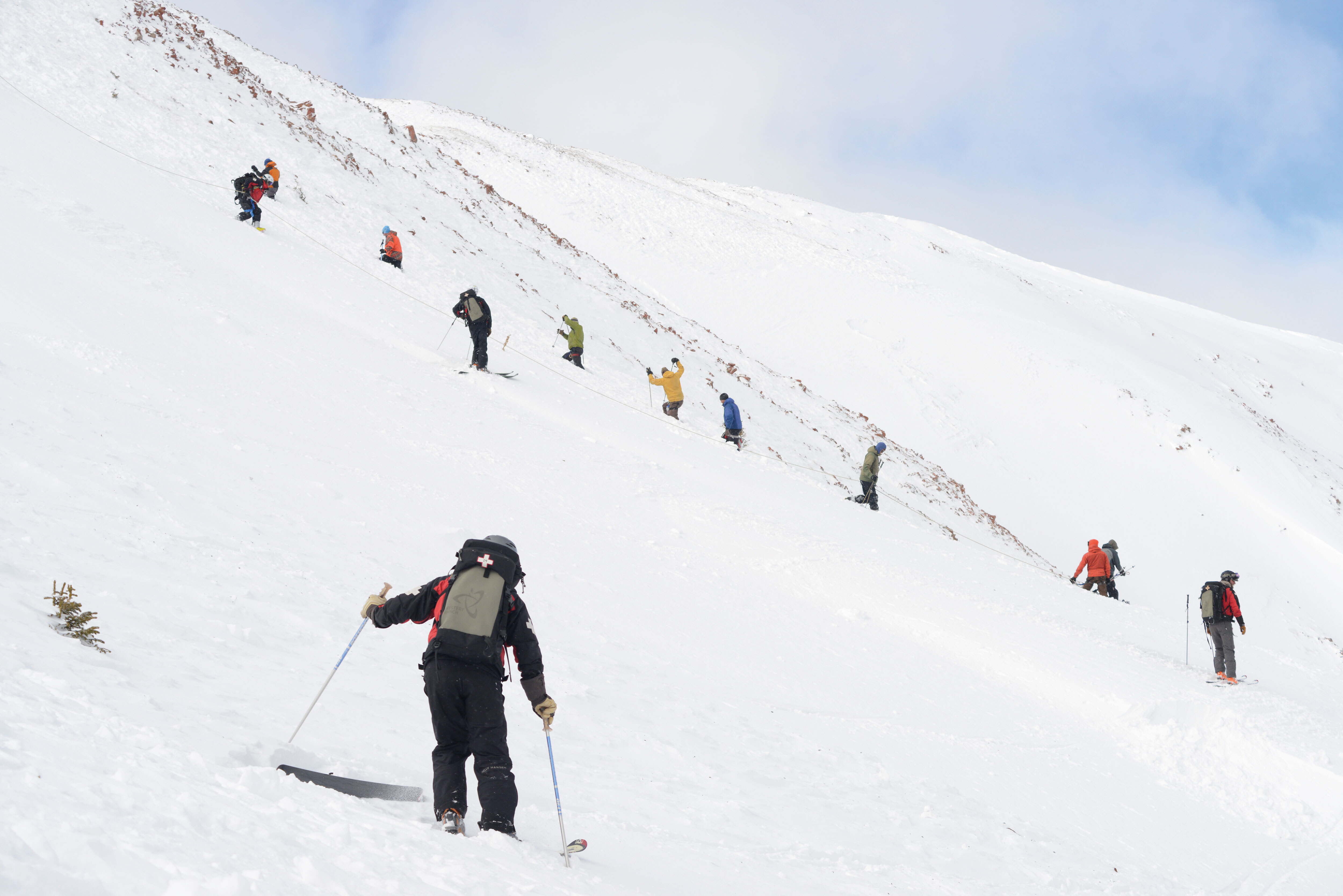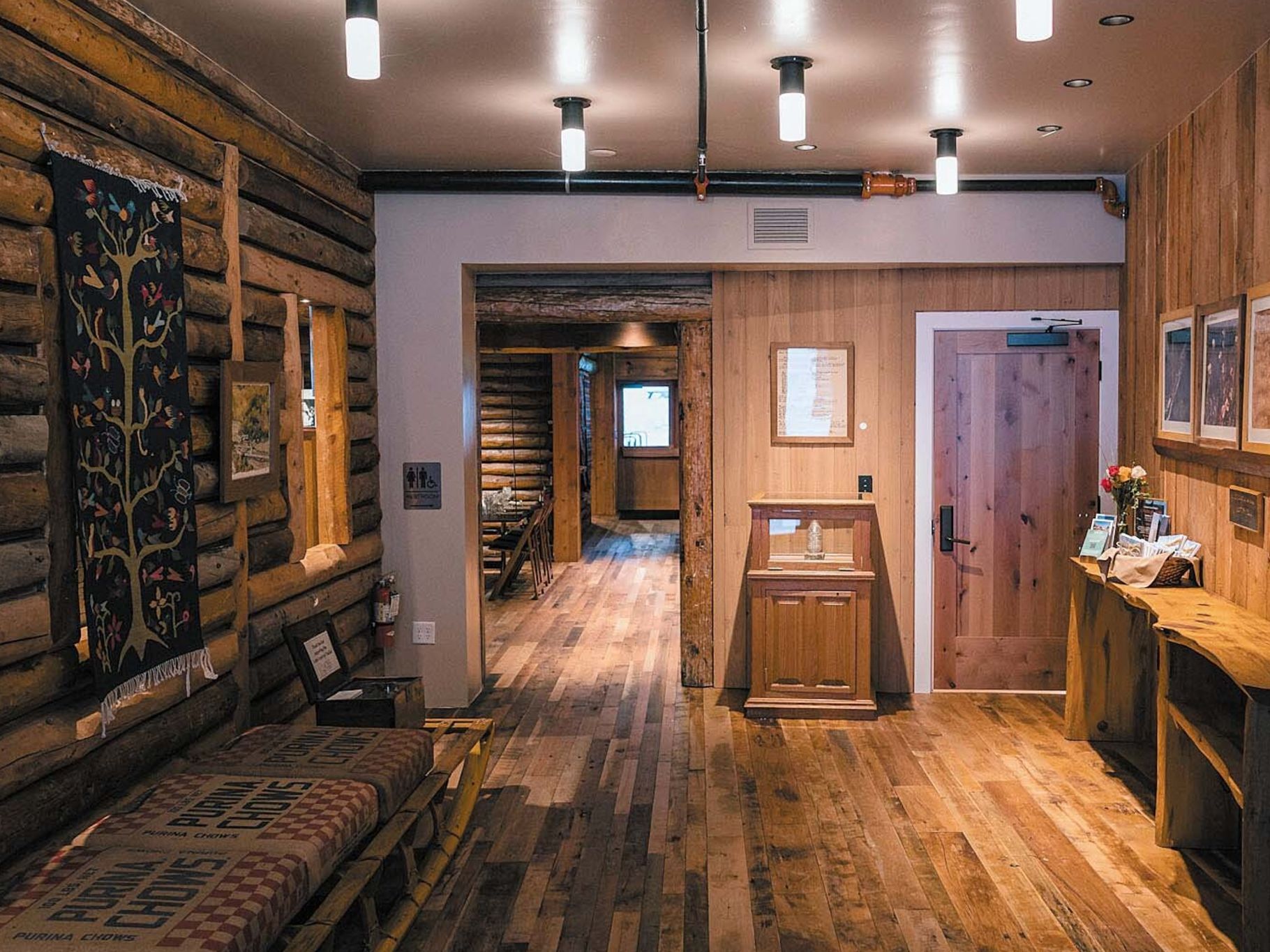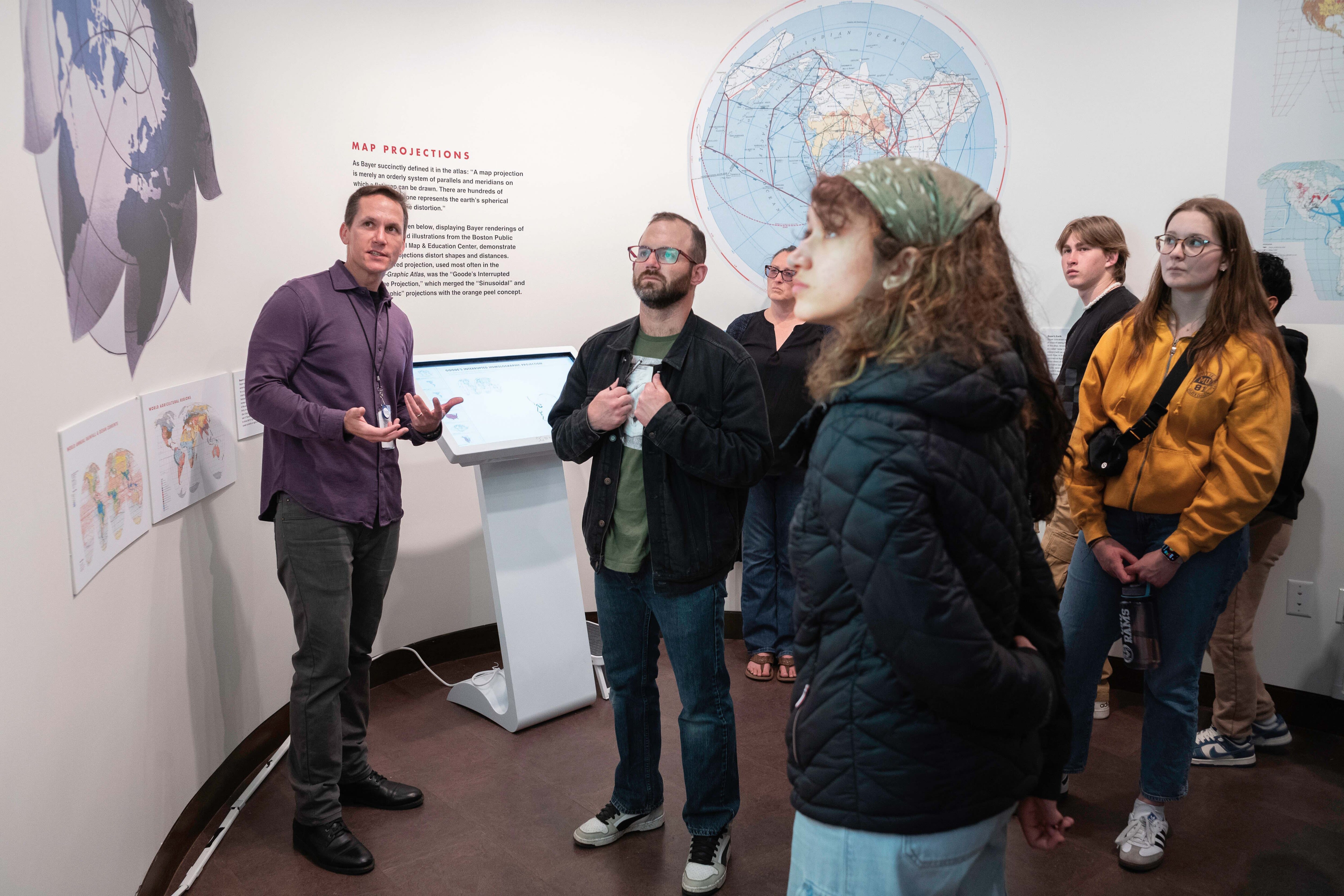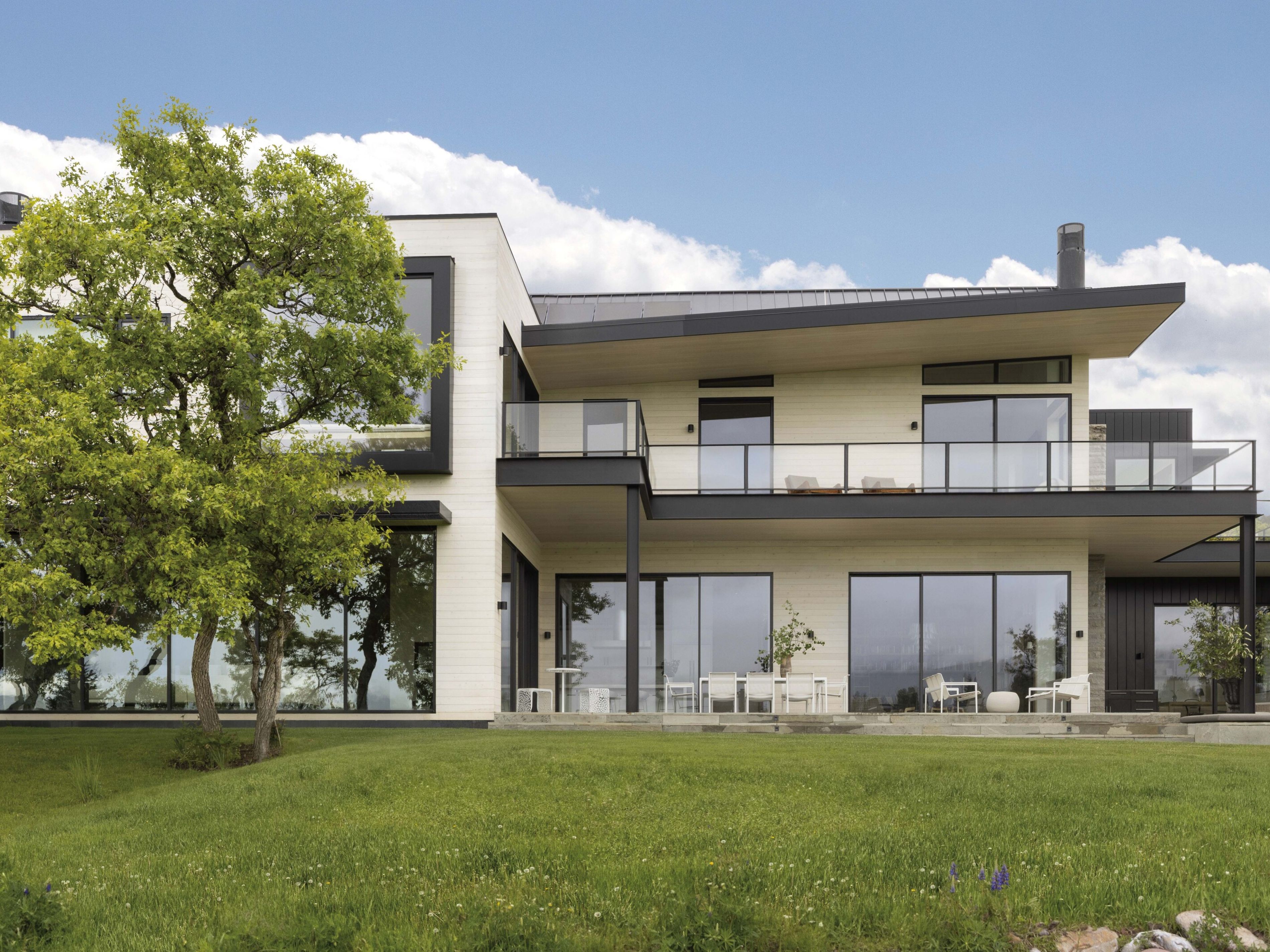Insomnia in the Mountains: Achieving Restful Sleep at Altitude
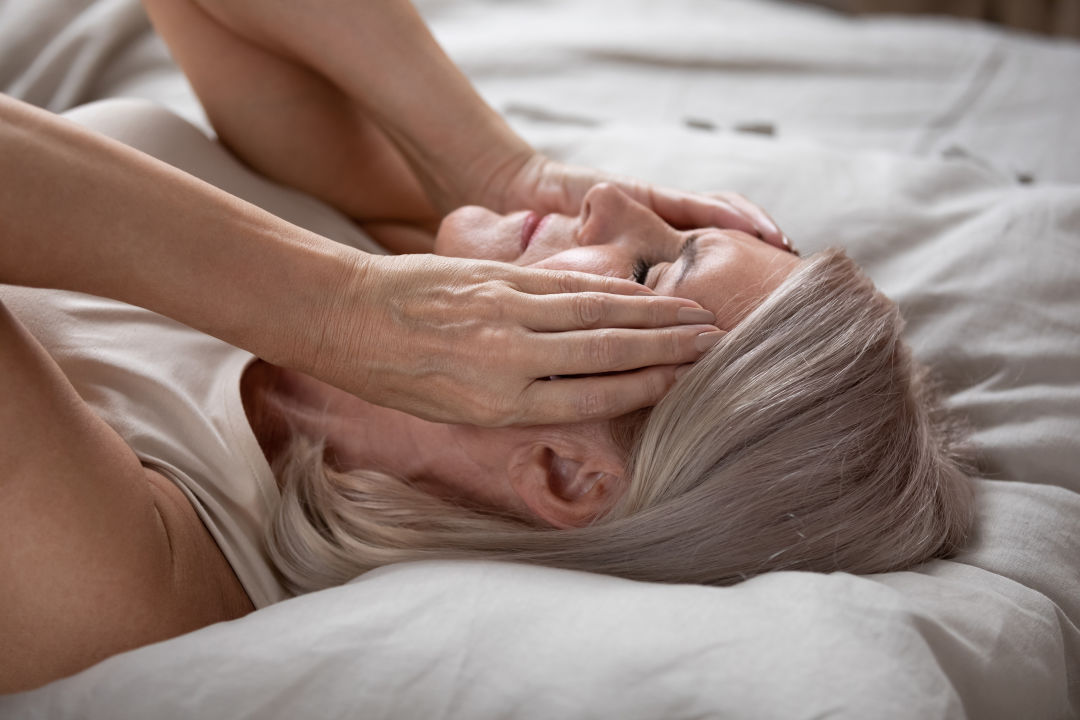
Altitude Control Technology’s award-winning oxygenation system lowers your effective altitude by as much as 7,000 feet. Eliminate the headaches, insomnia, and fatigue associated with altitude and instead wake refreshed and ready to enjoy your mountain home.
IMAGE: FIZKES©-ADOBESTOCK.COM
Many of us don’t sleep well in the mountains. We dream of owning a vacation home or retiring in the high country, but insomnia can both figuratively and literally prevent those dreams from coming true. There’s a physiological explanation for your lack of restful sleep. And fortunately for the weary, there’s a solution.
You are probably aware that the lack of oxygen at elevation can cause Altitude Sickness. You might not be aware that it can also cause a type of sleep apnea called High Altitude Periodic Breathing. It can start at around 6,000 feet, and might continue even after the body has otherwise adjusted.
Breathing is different at night than it is during the day. Breaths naturally become slower and spaced farther apart. At altitude, where there are fewer air molecules brought into the lungs with each breath, this slower breathing leads to decreased blood oxygen levels. The body compensates by breathing more quickly and more deeply. The increased breathing succeeds in improving the blood’s oxygen concentration, but it also decreases its carbon dioxide concentration. This creates a secondary problem because our body uses carbon dioxide concentration as the primary signal for the body to breathe. Without adequate carbon dioxide, the breathing momentarily stops, which is called an apnea. The cessation of breathing leads to a lack of oxygen after 12 seconds or so, and a sudden gasp for air. The jolt allows breaths to return to normal, which starts the cycle again. The result can be a fitful, restless night’s sleep.
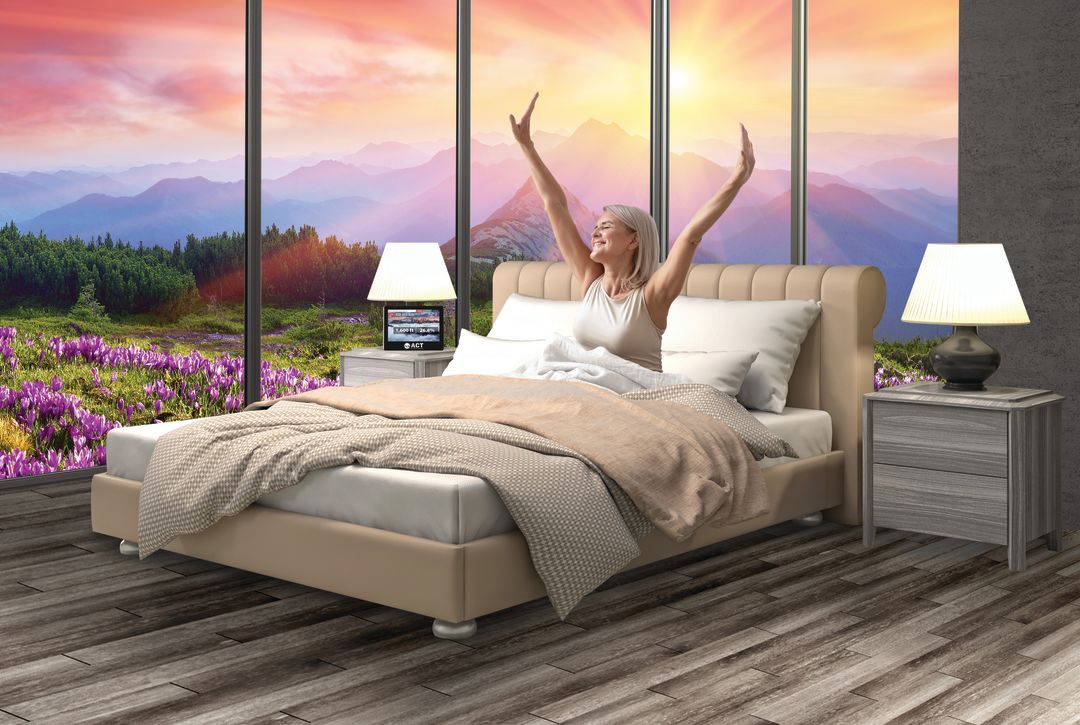
Altitude Control Technology’s award-winning oxygenation system lowers your effective altitude by as much as 7,000 feet. Eliminate the headaches, insomnia, and fatigue associated with altitude and instead wake refreshed and ready to enjoy your mountain home.
IMAGE: FIZKES©-ADOBESTOCK.COM
Poor sleep leads to fatigue, irritability, and shortened attention span during the day. It’s not the recipe for an enjoyable visit to the mountains! Some people acclimate fairly quickly, and only lose a few days of fun. Others chase their dreams for much longer. Some never adjust. Physiological changes as the body ages – specifically the changes in sleep quality and the reduction in lung function – might mean some who were once able to tolerate sleeping at altitude now find themselves groggy and plagued by headaches.
The solution is simple. Oxygen. And you don’t have to descend to sea level to find it. Sleeping in an oxygenated room removes the conditions that lead to High Altitude Periodic Breathing. And just eight hours of oxygenated sleep can also alleviate the common altitude-related symptoms that would otherwise occur during the day. If your pre-existing medical conditions are aggravated by altitude, nocturnal oxygen can help that too.
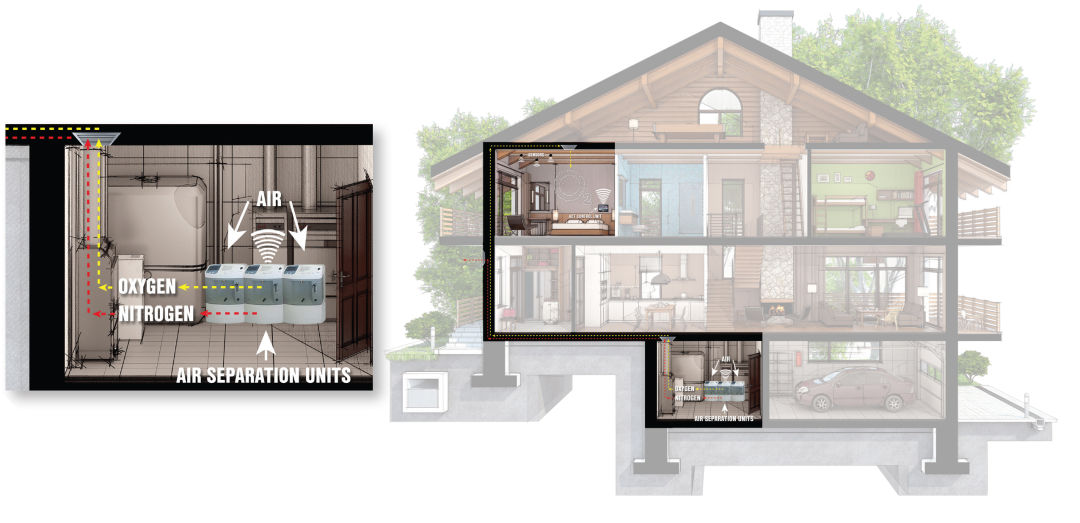
There are many considerations such as vents, HVAC systems, HRV systems, and construction materials that play a critical role in maximizing the effectiveness of home oxygenation. Include ACT early, and we will work with you and your architect, designer, or builder to optimize for your oxygenation system.
At Altitude Control Technology, we pioneered True Altitude Simulation (™) to reduce the effective altitude in your room by as much as 7,000 feet. We are trusted by premier research institutions such as Harvard Medical School and Mayo Clinic to provide the safest, most effective oxygenation systems on the planet. We bring that same quiet, unobtrusive technology to your home. Without the inconvenience of a cannula or the side effects of prescription medicines, you will sleep restfully and wake refreshed. With an oxygenation system from Altitude Control Technology, you can finally catch your mountain dreams.
For more information, contact Altitude Control Technology at 970-528-1300 or visit AltitudeControl.com






